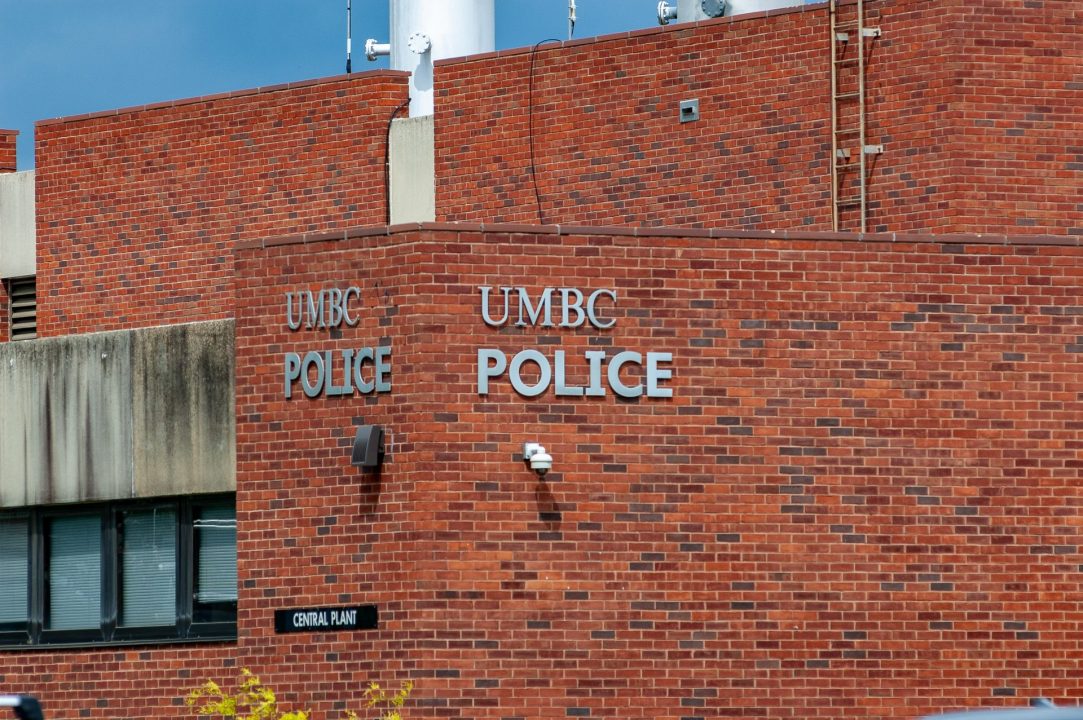Editor’s Note: This article was written before President Hrabowski released the Retriever Courage reports detailing recommendations to the campus on the prevention of and response to sexual assault and misconduct at UMBC on May 7, 2019.
UMBC prides itself on giving students a place at the table. “Shared governance” is a holy word on this campus, and getting everyone in a room to “share their story” is the preferred method of dealing with complex issues. And, most of the time, these strategies work and have contributed to a campus where the administration, faculty and staff members seem to care about their students’ needs and genuinely listen to what we have to say. However, Monday’s “Policing on a College Campus” event missed the mark.
It’s been eight months since UMBC was named in a class action lawsuit alleging the mishandling of sexual assault cases, and eight months since the UMBC police were implicated in that lawsuit. We’ve had almost 250 days to organize an event with the UMBC police, and yet we only just had one, meant to facilitate a dialogue between the police and the student community. But instead of engaging in said dialogue, students were encouraged to eat donuts and ride Segways. The only legitimizing factor at the event was the presence of the student activists from Retriever Courage and Young Democratic Socialists of America, who shared information regarding sexual assault and police brutality, respectively.
The event felt performative and patronizing. The necessary dialogue the community could have had with the UMBC police did not happen as a result, and the students who tried to engage in dialogue with the police officers were left with no new information. Feeding into the “PR” feel was the timing of the whole event. Retriever Courage consultants Jody Shipper and Cherie Scricca are set to release their review of and recommendations for “current university processes, policies, procedures and practices regarding sexual misconduct” later in the week.
At the event, it seemed as if the police themselves did not even know why they were there. That too, speaks to something bigger. This flippant attempt to start dialogue and engagement with students about something never specified is meaningless. The officers, although polite and seemingly helpful, practically recited a pamphlet they were giving out by heart, naming their community initiatives. Police Chief Paul Dillon, who stopped by for a meager ten minutes, had little to say, besides dismissing the national police brutality statistics being handed out by student activists.
Students on this campus want to have a conversation, and to do that we need to be treated as adults, not children to be placated with a donut and a well-intentioned Segway ride. Without administrative change and dialogue, we are once again met with empty promises and flimsy brochures, which this time regale us with the importance of the UMBC Police’s battery jumps and ride alongs.
This is not to say that events or outreach like these are not welcome. In fact, they are encouraged. However, there were several key steps missing between the filing of the lawsuit and “Policing on a College Campus.”
This event assumed that the relationship between the police and students has already been fixed, even though there are a lot of students on this campus still deeply hurt by the presence of a private police force. This process should have begun months ago with administrative change and formal conversation, not on Monday with donuts.


